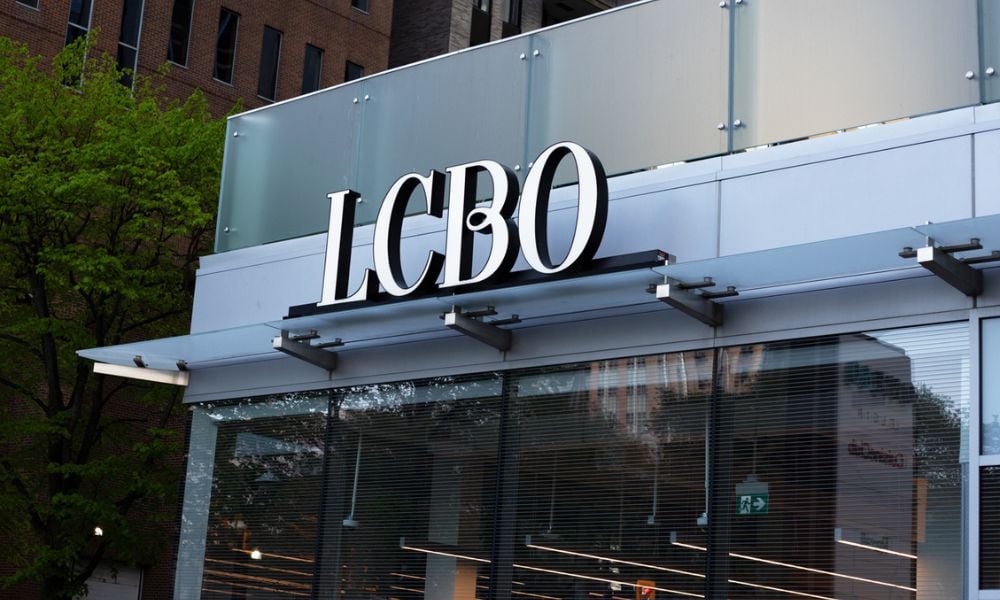
Retailer says it's committed to continue negotiations

Ontario's Liquor Control Board (LCBO) workers have overwhelmingly voted in favor of a strike.
More than 8,000 members of the Ontario Public Service Employees Union (OPSEU) participated in a recent strike vote, with 97 percent in favour of strike action.
This vote, which OPSEU describes as their largest ever, underscores the union's readiness to take decisive action.
"Your bargaining team is back at the table this week. Armed with this powerful strike vote, we will reinforce our key demands in this round," reads an announcement on the union's website, emphasizing the union's strong stance.
The LCBO, Ontario's primary liquor retailer, has stated its commitment to continuing negotiations in an effort to reach an agreement and avoid a strike.
In a statement released on Sunday, the LCBO expressed its desire to prevent a strike and outlined its contingency plans, said the CBC.
"In the event that we cannot reach an agreement and OPSEU begins a strike, we are putting measures in place to ready our business and ensure continued customer service," the LCBO said.
The potential strike has drawn a response from the Ontario government, particularly from the Ministry of Finance. Colin Blachar, press secretary for Finance Minister Peter Bethlenfalvy, expressed disappointment over the vote.
"It's never been more clear that Ontario consumers need and deserve the same choice and convenience every other Canadian enjoys," Blachar told the CBC, reflecting the government's stance on consumer access and convenience.
The backdrop to these negotiations includes recent policy changes and directives from the Ontario government. Documents obtained by Radio-Canada revealed that Ontario Premier Doug Ford's order to the LCBO to bring back paper bags caught senior executives off guard, leading to a scramble for new supplies.
Additionally, the province's recent decision to allow convenience stores, big box outlets, and some gas stations to sell beer, wine, and other ready-to-drink beverages starting in September has added another layer of complexity to the market environment, said the CBC.